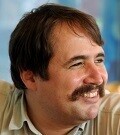To turn away young people refusing to fight a war of aggression would be a betrayal of South Korea’s own history of fighting for democracy
Illustration by Kim Dae-jung



No comments:
Post a Comment